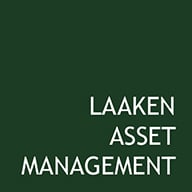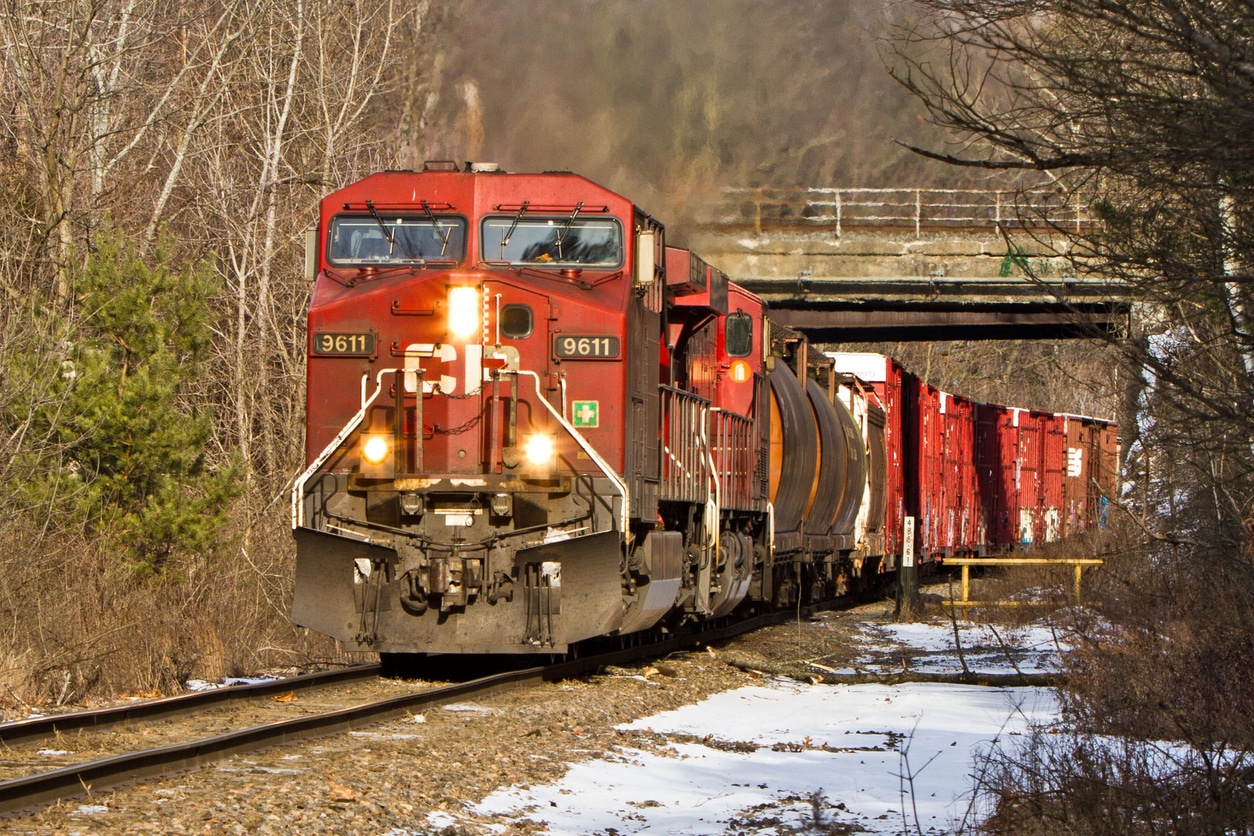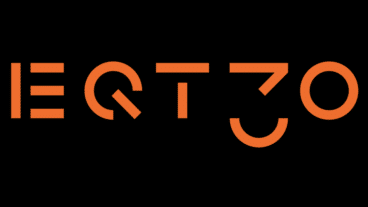North America counts six large railroad companies. Each operates its own network with limited overlap. They command oligopolistic and in some areas monopolistic positions. We believe that Canadian Pacific (CP) is the best railroad in the industry. Over the past decade, CP led the industry in terms of volume growth, revenue growth, profitability and on key service metrics such as reliability and safety. Additionally, CP possesses the most attractive freight mix, generating ~40% of revenue from relatively macroeconomic insensitive bulk commodities, such as grain. It also has the lowest exposures to hauling thermal coal, a commodity where demand is in secular decline.
On March 15, 2023, CP received regulatory approval for merging with Kansas City Southern (KCS), creating the first and only railroad network that links the US, Canada and Mexico. CP’s network spans Canada’s east and west coast, stretches down to Kansas, and extends through KCS’s network to the south of Mexico. This combined network, known as “CPKC”, provides new transportation options for shippers. Including a variety of single-line services from Canada to Mexico that are both faster and cheaper than the current alternatives. CP expects this merger to generate meaningful new business, adding that many existing and potential clients already showed interest in these services with more than 450 shippers publicly supporting the deal. In addition, CP will implement its best practices to optimize KCS’s network by improving service levels and profitability.
Valuation
Long-term CP expects to grow revenues at 6-9% per year. This is a function of 2-3% volume growth + 3-4% price increases + 1-2% share gains from trucks. Earnings should grow in excess of revenue as profit margins expand over time, driven by price increases and higher margins on new volumes. On top of this, CP returns 3-4% to its shareholders in the form of dividends and share repurchases, yielding a total expected return in the low-teens.
CP converts around 80% of earnings into free cash flow. We expect this to trend towards its peers at around 90%. CP trades at 23x 2023 expected earnings. These earnings do not include the earlier mentioned synergy opportunities from the KCS merger. We expect that these synergies can lift annual earnings growth up to the high-teens for the next three years. Taking these synergies, the business quality and durability into account, we believe this to be an attractive valuation.
CP serves as a good protection against inflation. They are currently raising prices by more than 6%, well above their cost inflation. Furthermore, trucking companies see significantly higher inflation than railroads given their more fuel and labour intensive cost base. This forces them to push price increases in excess of those implemented by CP. While rails are already up to 40% cheaper than trucks, this only further increases their value proposition. Moreover, we expect CP to see additional volume over the long-term from North American onshoring trends and increased demand for bulk commodities from a stable region following geopolitical tensions.
Management
Keith Creel is the CEO of CP. He has over thirty years of industry experience across multiple railroads. He joined CP in 2013 and co-led CP’s transformation from being the industry’s worst operated railroad to the best. Additionally, he also proved to be a good capital allocator. Reinvesting capital into its business at a >15% ROIC, while also returning capital to shareholders. Since Mr. Creel’s appointment as CEO in 2017, CP generated 18% annual returns for its shareholders versus 11% across its peers. Fortunately, Mr. Creel recently extended its contract with CP to at least 2026.
Risks
Merging two large companies introduces integration risks. However, we are convinced that CP’s best in class management is able to execute these successfully. Moreover, CP’s Chief Operating Officer, arguably the second most important position at a railroad, knows KCS very well as he worked there for over 20 years.
Railroads have a cyclical component as they carry the economy on their rails. Hence, this can introduce lumpiness in the results. Given CP’s relatively large bulk commodity freight mix, it has consistently showed to be the most resilient railroad during previous downturns.
ESG
Although CP, with its diesel locomotives, does not have high ESG ratings, this is still a part of the investment case. The transportation industry emits the most greenhouse gases in the US, contributing 27% of total emissions. Railroads emit 75% less emissions than trucks. With the increased focus of companies on reducing their ecological footprint, we expect the rails to gain share from trucks, what could contribute to a lower total emission. CP leads the rail industry in sustainability. Their trains are 11% more fuel efficient than the industry average. They have reduced their locomotive emission intensity by 44% since 1990 and started with the development of North America’s first hydrogen-powered freight locomotive. CP expects that the merger with Kansas City will help move 64,000 trucks of the road, resulting in an annual reduction of 130,000 CO2-emissions.







